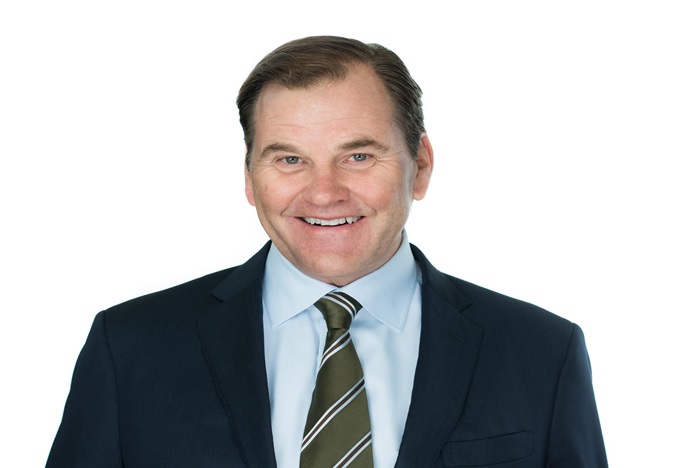Does the idea of navigating your financial future sound scary and slightly intimidating? If so, you aren’t alone. Dealing with finances can be as complicated as it is intimidating, and without the right resources and support, people can quickly fall behind in their goals for the future.
Mark Hauser is the co-managing chairman of Hauser Private Equity as well as the founder of the firm. A private equity investor, Mark Hauser has helped clients throughout the country to accomplish their goals through timely advice and support.
To help others ensure that they meet their financial goals, Mark Hauser outlined how one should approach finding a financial advisor.
Meet With an Expert
The role of a financial advisor is nebulous and vaguely defined. Without any governing body or government committee to regulate the term, Mark Hauser believes it is essential to understand just what exactly a financial advisor should do.
Financial advisors should be experts in a range of services and backgrounds. No matter what their core background is, Mark Hauser believes that most advisors should be able to support their clients with regard to debt, insurance, strategic investments, educational planning, taxes, estate plans, and retirement.
Some advisors may be better at certain things than others, so be sure to check the credentials of an advisor before signing on to work with them.
Discuss Methods of Compensation
Financial advisors may have a variety of different backgrounds and resumes, but they will all fall under one of four columns when it comes to repayment. How an advisor is paid for their services will determine a lot about how they act.
Mark Hauser points out that Fee-Only Financial Advisors may charge an hourly rate, a flat fee, or a percentage of a managed asset. These advisors are fiduciaries and are legally bound to act on behalf of their client’s best financial interest.
Commission-based Financial Advisors only get paid when they sell a third-party product. In this regard, commission-based financial advisors cannot be considered fiduciaries. Mark Hauser notes that some forms of insurance are only available on commission, so this isn’t a blanket rule.
Finally, Mark Hauser points out that clients may end up working with other forms of advisors while they are seeking support for their financial goals. Clients may work with a Registered Investment Advisor who acts on behalf of their client through fiduciary-bound investments. Clients may also work with Certified Financial Planners who have been educated in a number of professional areas.
Mark Hauser notes that Certified Financial Planners are often lauded for their skills and granted broad respect by the industry at large.









